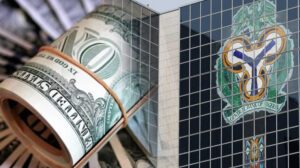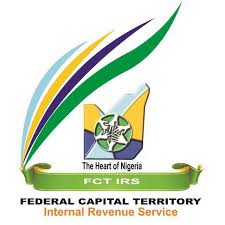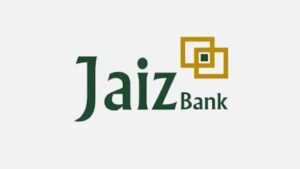Economic outlook: CBN forecast GDP growth rate of 3.2% in 2022
By Seun Ibiyemi
The Central Bank of Nigeria is forecasting a Gross domestic product (GDP) growth rate of 3.2% in 2022. This is according to CBN Governor Godwin Emefiele.
Mr. Emefiele made this remark as part of his personal statements at the Monetary Policy Committee meeting held in December last year.
Statements of members of the Monetary Policy Committee are a critical source of information that details the mindset of those who oversee Nigeria’s policies on combating inflation, managing money supply as well as forex.
A cursory review of the personal statement of the members also reveals their opinion on what is to expect in 2022.
According to the head of Nigeria’s apex bank, the country’s growth forecast is upgraded to 3.1% in 2022 on the back of several interventions taking place in the country. “Though vulnerability remains due to the persistent effects of the COVID-19, the Nigerian economy is projected to strengthen in the near-term. With the nearly 2.9 percent growth estimated for 2021Q4 and the better-than-expected 2021Q3 outcome, CBN growth forecast for 2022 was upgraded to about 3.1 percent as against a contraction of -1.92 contraction in 2020.”
The CBN Governor also explained that the bank is focused on fast-tracking growth “above historic levels” which suggest he is looking for growth in the region of 6-7% last recorded in the early years of the Jonathan administration. Here are some of the other comments he made on the outlook of the economy in 2022.
“Our medium-term goal is to fast-track growth above historic average. Economic activities may reach pre-pandemic levels if the resilience of non-oil activities (especially agriculture and manufacturing sectors) are given continued impetus.”
“Extensive structural reforms are also needed to ensure that long-run paths of growth surpass potential.
“As business sentiments brighten, following our various supply-side support and orderly implementation of macroeconomic policies, l expect domestic fragility to diminish with benign knock-on effects on welfare and livelihood,” he added.
Short-term projections indicate further moderations in expected inflation, especially as development financing continue to resolve supply rigidities.
Mr. Emefiele was not the only one who made comments. Adamu Edward Lametek, a member of the committee believes the policy of excluding BDCs from sourcing FX from the CBN has helped stabilize the exchange rate at the black market and opines this will continue to improve in 2022.
“Apparently, the revised FX management strategy, which excludes BDCs from direct sales, is working as a substantial share of FX demand has migrated to the DMBs’ window. We should expect this pattern to continue in the coming months as confidence in the modified framework grows.”
Mike Obadan, one of the MPC members, expects subsidy to be removed in 2022 and the Dangote Refinery coming on stream this year. He believes this could have a positive impact on our external reserves.
“Perhaps, when petrol subsidy is eliminated sometime next year, as the Federal Government has indicated and the Dangote refinery starts to meet domestic needs for fuel, foreign exchange reserves will be significantly boosted to enhance exchange rate stability through increased interventions by the Bank in the foreign exchange market.”
He was also pessimistic about the impact of rising oil prices, fiscal policies, depreciation of the naira on inflation in 2022.
“The rate is still too high and impacting negatively on living conditions of the people. Importantly, with the price of oil maintaining an upward trend and translating into overall high cost of energy, high cost of local production and importation, the expected moderation in prices could be dampened. Also, depreciation of the naira, uncontrolled fiscal deficits and the planned removal of fuel subsidy before the end of June 2022 are potential threats to inflation control.”
Mike Obadan also believes, the anticipated increase in interest rates abroad could trigger capital outflows from the country.
In other words, market sentiments and the potential hike in short and long-term interest rates abroad could lead to capital flight from Nigeria, as investors seek more rewards for their investments. The impact on external reserves, exchange rate, the balance of payments and foreign borrowing costs could be substantial.
One of the Deputy Governor’s of the CBN and member of the committee, Kingsley Obiora believes the 100 for 100 policy will help boost productivity in 2022.
“I support the current effort of the Bank for introducing the 100 for 100 Policy on Production and Productivity (PPP). The policy will boost production in the manufacturing sector; reduce imports and expand the non-oil exports; improve accretion to external reserves; and ensure exchange rate stability.”




